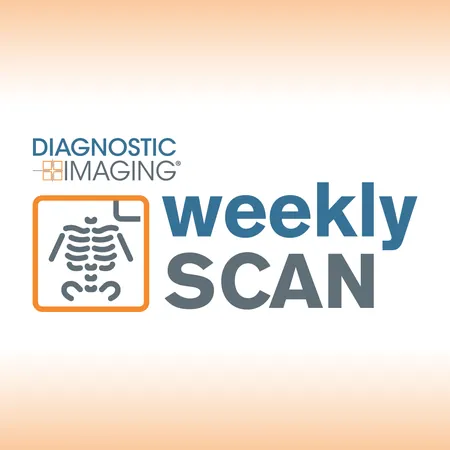
Understanding Suicidal Thoughts: Key Strategies for Supporting Yourself and Others in Crisis
2025-04-06
Author: Jia
Have you ever grappled with feelings of hopelessness or questioned the meaning of life? This profound struggle isn't limited to certain individuals; it transcends age, gender, and socioeconomic status. In fact, suicide rates continue to rise around the world, prompting urgent discussions about mental health awareness and support systems.
In recent years, Kerala has witnessed alarming statistics. In 2023, the state reported a staggering 10,994 suicide deaths, which slightly decreased to 10,779 in 2024. However, within just the first two months of 2025, 1,785 lives were lost. Mental health expert Dr. C. J. John emphasizes the importance of understanding how to help ourselves and those around us during such dark times.
Recognizing Suicidal Thoughts: A Normal Response
According to Dr. John, it is crucial to acknowledge that suicidal thoughts can surface in people's minds more often than we realize. "The key is whether we possess the mental resilience to cope with these feelings by reconnecting with our core values and life’s purpose,” he advises. It’s essential to evaluate whether these thoughts arise from immediate distress or could be related to deeper psychological or biological issues that require professional intervention.
Signs of Depression: When to Seek Help
If you or someone you care about is displaying any of the following signs, it may be time to seek professional mental health support:
1. Persistent feelings of sadness or hopelessness lasting more than two weeks.
2. Emotional reactions that appear disproportionate to challenges faced.
3. Difficulties in sleeping, eating, or controlling emotions.
4. Lack of motivation for self-care activities.
5. Disinterest in activities that were once enjoyable.
6. Noticeable changes in physical posture or demeanor.
7. Increased emotional instability, such as excessive crying or irritability over minor issues.
Building a Strong Support Network
Dr. John highlights the necessity of nurturing a support system consisting of two or three trusted individuals. While helplines are a valuable resource, having close friends, family, or community members to confide in can provide immediate emotional relief. Addressing the stigma surrounding mental health discussions is essential; "We seek medical help for physical issues, so the same approach should be taken for mental health," he stresses. Even if you're not yet ready to share your feelings, a supportive network often intuitively understands when something is amiss.
The Power of Conversation: Sharing and Healing
Many people hesitate to speak about their struggles, fearing that mere conversation won't lead to solutions. However, Dr. John encourages reframing this perspective: "Sharing doesn’t necessarily mean finding immediate answers. Remember the phrase, 'A sorrow shared is a sorrow halved'? Opening up can provide the clarity needed to navigate hardships." It's important to realize that a suicide can ripple through a network, affecting at least 100 individuals emotionally connected to the deceased.

 Brasil (PT)
Brasil (PT)
 Canada (EN)
Canada (EN)
 Chile (ES)
Chile (ES)
 Česko (CS)
Česko (CS)
 대한민국 (KO)
대한민국 (KO)
 España (ES)
España (ES)
 France (FR)
France (FR)
 Hong Kong (EN)
Hong Kong (EN)
 Italia (IT)
Italia (IT)
 日本 (JA)
日本 (JA)
 Magyarország (HU)
Magyarország (HU)
 Norge (NO)
Norge (NO)
 Polska (PL)
Polska (PL)
 Schweiz (DE)
Schweiz (DE)
 Singapore (EN)
Singapore (EN)
 Sverige (SV)
Sverige (SV)
 Suomi (FI)
Suomi (FI)
 Türkiye (TR)
Türkiye (TR)
 الإمارات العربية المتحدة (AR)
الإمارات العربية المتحدة (AR)